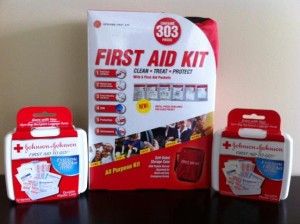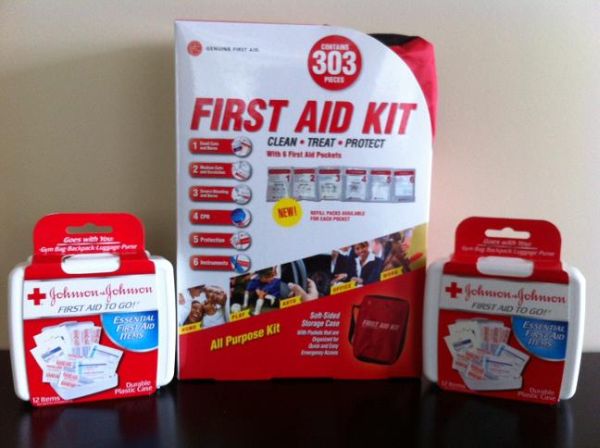
Symptoms of Scorpion Stings
Symptoms will usually vary depending on the specie that stung. Moreover, the amount of venom released by a stinger is dependent on scorpion, depending on how threatened they feel. Therefore, some stings may be almost completely venomless. In these cases, considered only mild, a slight paresthesia (tingling sensation) may be felt at the site of the sting. A burning sensation may also be felt at the same spot. In more severe cases, some of the symptoms include
- Double vision
- Salivation and drooling
- Thick-feeling tongue
- Larynx in spasm
- Trouble breathing or quick breathing or no breathing at all
- Increased blood pressure
- Faster or slower pulse
- Heart palpitations
- Decreased urine output
- Urine and fecal incontinence
- Seizures
- Paralysis and stiffness
- Random head, eye or neck movements
- Muscle spasms
- Abdominal cramps
Complications from Scorpion Stings
The same complications may arise from other stinging insects, such as bees and wasps. These complications arise from non-early treatment of the scorpion sting.
- Anaphylaxis or severe allergic reaction (most common)
- Infections
- Heart or respiratory failure
- In extreme cases, death.
First Aid for Scorpion Stings
Scorpion stings are most fatal to young children, older adults and pets. Teenagers and adults can usually treat scorpion stings at home without having to seek medical care. However, for young children, medical care should always be sought. While waiting for medical help, first aid may be given to help alleviate symptoms.
- Wash the area stung with water and soap.
- Remove any jewelry as swelling may impede circulation.
- Apply cool compress on the area of scorpion sting. Wrap ice in washcloth and put on the stung area for ten minutes. Remove for another ten minutes and if necessary, apply again for another ten minutes.
- If stung area is on a limb, elevate to heart level.
- If possible, try to identify the scorpion for cases of severe reaction, the right antivenin may be given immediately to counter the venom.
The hints mentioned above are merely tips and cannot be substituted as medical advice. To learn more on how to treat scorpion stings and stings or bites from other animals, enroll in first aid courses.

